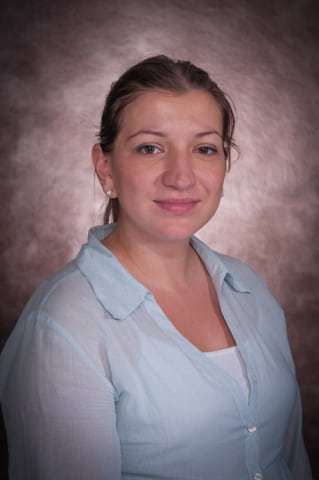Business Administration (DBA, 3 Years)
| Duration | 3 years |
| Qualification Awarded | DBA (Doctorate in Business Administration) |
| Level of Qualification | Doctorate Degree (3rd Cycle) |
| Language of Instruction | English and Greek |
| Mode of Study | Full-time and Part-time |
| Minimum ECTS Credits | 180 |
No enrolments for current semester
Request Information
Profile of the Programme
The Business School of the University of Nicosia offers two doctoral programs, the PhD and the DBA. Both degrees have the same status but they differ in their focus and orientation. The PhD is a theoretically focused, rigorous program that requires candidates to make a significant contribution to knowledge and/or theory, whereas the DBA is a professional doctorate which requires candidates to apply and develop existing theories/knowledge to make a significant contribution to professional practice. The PhD is ideal for candidates who wish to pursue a career in academia whereas the DBA is more appropriate for those who, after working for a few years, would like to advance their careers in industry by earning an advanced research degree.
PhD students need to take one course (Research Philosophy, Methodology and Methods) which aims to prepare PhD candidates for designing their study. The course lasts 4 days and it is offered in the first year of studies. For the DBA students are required to take four courses (Personal and Organizational Reflections; Literature Review; Research Philosophy, Methodology and Methods; Analysis of Information). Students need to be physically present for the Research Philosophy, Methodology and Methods course and normally are expected to be present for the other three DBA courses (even though there is flexibility in this and it can be discussed at the time the courses are offered). Thesis length is similar for both degrees (80.000 words) but the difference is that for the DBA assessed work from courses may be included in the final word count.
Starting dates for enrolling on the programs are Fall (October) and Spring (February). The application deadlines are August 31st for Fall entry and January 5th for Spring entry. Specific positions available (by department and by faculty member) are announced on the website, and interested students are advised to check the website regularly for possible new announced positions. To be considered for entry on the doctoral programs the applicant should complete an online application form and submits an initial research proposal. The research proposal is a significant part of the application.
Once accepted on the program, students are assigned three supervisors, one main and two secondary, who guide them throughout their studies. There are frequent progress reports to ensure students receive the guidance they need and that they are on track. Students are strongly encouraged to meet with their supervisors at regular intervals. After the course(s) is/are completed successfully, students prepare a final research proposal, which is a detailed document of length 7.500-10.000 words that outlines their research plan, clearly showing theoretical contribution, and methodological approach suggested. When this is approved by the relevant committee, they proceed with their research and register for their thesis.
- An accredited master’s degree
- Proof of English proficiency. This is provided by EITHER a degree from an English speaking university OR TOEFL (paper based test 600, computer based test 250, internet based test 100) OR IELTS 6.5.
- An initial 2000-word research proposal outlining the research theme, aim and objectives, possible gap/s and proposed research methodology
- A Personal Statement of 500 – 1000 words outlining applicants’ individual competences and strengths and providing their reflections regarding the expectations and value of the programme as well as to their personal advancement and career development
- Letters of Recommendation – Two recommendation letters from individuals who have known the applicant in their educational or professional capacity
- Good academic record
- Successful completion of required courses
- Approval of final research proposal
- Submission of the final thesis (length 80.000 words) and successful defence in front of a Committee in a Viva presentation
The above semester breakdown is an indicative one. A few of the courses are electives and can be substituted by others. Students may contact their academic advisor and consult their academic pathway found on this website under “Schools & Programmes”























